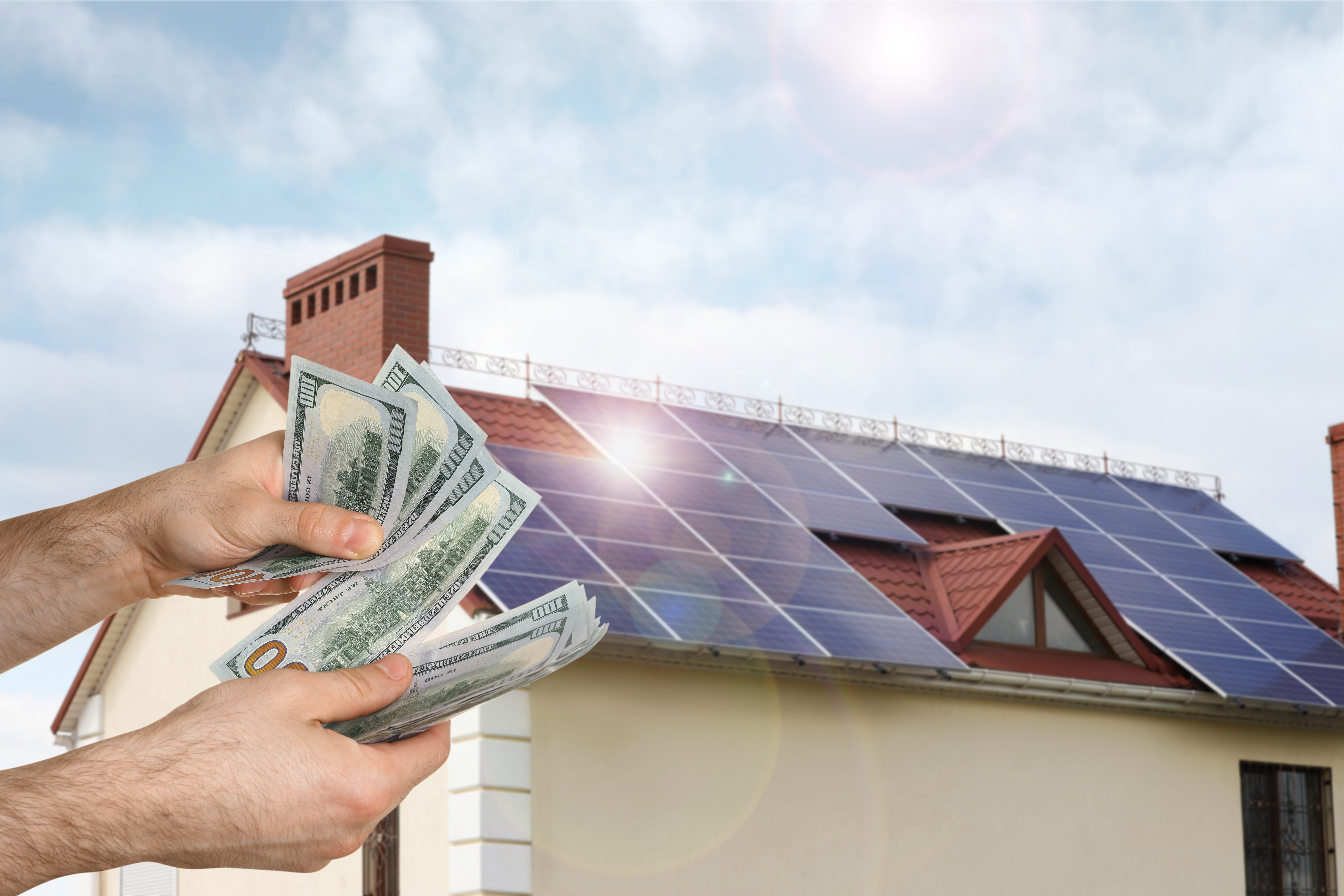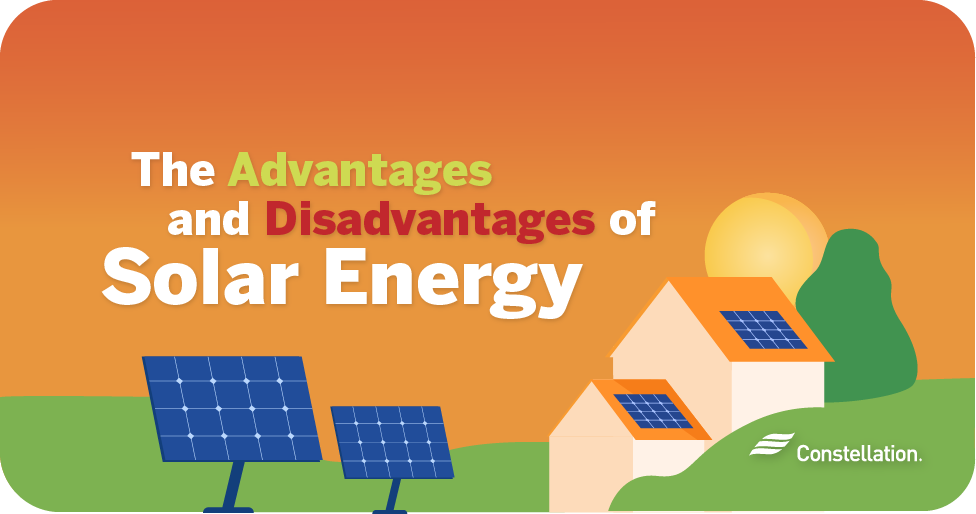Rely on Simply Solar Illinois for Skilled Solar Panel Setups
Rely on Simply Solar Illinois for Skilled Solar Panel Setups
Blog Article
Just How Solar Power Can Help You Save Money and Minimize Your Carbon Footprint
The assimilation of solar power into your energy portfolio offers an engaging chance for both financial cost savings and ecological stewardship. As various federal government motivations end up being offered, the question arises: exactly how can one effectively navigate the preliminary investments and ongoing advantages of solar innovation to make best use of both economic and environmental gains?
Recognizing Solar Energy Savings
While the change to solar energy usually includes an initial investment, comprehending solar energy savings is vital for property owners and businesses alike. Solar energy systems can considerably lower electricity bills by using the sun's power, translating into considerable lasting economic benefits. By creating their very own power, customers decrease reliance on grid power, which goes through varying prices. These financial savings can collect over time, frequently leading to a rapid roi.
Moreover, solar energy systems might receive different financial rewards, including tax obligation credit ratings and discounts, even more enhancing their cost-effectiveness. The availability of internet metering enables customers to market excess energy back to the grid, creating an extra revenue stream. These factors add to the general savings connected with solar energy.

In addition to route monetary financial savings, solar power supplies the added benefit of enhancing building worth. Homes outfitted with photovoltaic panels are often more attractive to purchasers, as they guarantee lower energy expenses - Simply Solar Illinois. Recognizing these aspects is important for any individual taking into consideration solar power, as it highlights not just the possible financial gains, however likewise the broader ecological and economic benefits of adopting renewable resource remedies
Initial Prices vs. Long-Term Conveniences
When evaluating solar power, it is vital to consider the preliminary prices against the long-lasting advantages. The upfront investment for solar panels, installation, and related devices can be considerable, typically ranging from $15,000 to $30,000, depending on the system size and home energy requirements. This initial expenditure may hinder some homeowners; however, it is essential to think about the prospective savings in time.
Once installed, solar energy systems can dramatically decrease or even eliminate monthly electrical power bills, causing significant long-term monetary advantages. Researches indicate that homeowners can conserve anywhere from $10,000 to $30,000 over the lifespan of their planetary system, commonly 25 years. In addition, numerous states use rewards, tax obligation credit reports, and refunds that can balance out first costs, making solar extra accessible.

Lowering Your Carbon Impact
Reducing your carbon impact is an essential factor to consider in today's ecologically aware society, and taking on solar energy is just one of the most efficient approaches to attain this objective. Solar energy is a tidy, renewable energy that dramatically lessens reliance on fossil gas, which are find this significant factors to greenhouse gas discharges.

Furthermore, the widespread adoption of solar technology encourages the advancement of green jobs and sustains technologies in power storage space and efficiency. The even more people and organizations buy solar power, the greater the cumulative decrease in carbon exhausts, promoting a cleaner ambience for future generations.
Government Motivations and Discounts
Taking on solar energy not only profits the setting yet can likewise result in significant financial cost savings, particularly with the schedule of government motivations and refunds. Different government, state, and neighborhood programs are made to encourage house owners and businesses to invest in solar energy systems, making the change a lot more budget-friendly.
Among the most popular incentives is the Federal Financial Investment Tax Obligation Credit (ITC), which permits solar system owners to deduct a considerable percent of the installment costs from their government taxes. This reward has actually been pivotal in decreasing other the upfront costs related to solar power systems. In addition, lots of states offer their very own tax credit scores, grants, and discounts that can additionally enhance financial savings.
Additionally, some city governments provide residential or commercial property tax obligation exemptions for solar installations, guaranteeing that home owners do not deal with raised residential property taxes as a result of their renewable resource investments. Utility business might likewise supply motivations, including net metering and feed-in tariffs, which permit solar power customers to market excess power back to the grid.
Picking the Right Solar System
Picking the suitable solar system is critical for making best use of power performance and monetary benefits. The decision rests on several variables, consisting of energy requirements, spending plan, and readily available area. House owners need to begin by analyzing their electrical energy usage to identify the system size needed for ideal Get the facts performance.
Next, take into consideration the various sorts of solar technologies available. Simply Solar Illinois. Photovoltaic (PV) panels are the most common, converting sunlight straight right into electricity, while solar thermal systems concentrate on home heating water. Each kind has distinctive advantages relying on private requirements
Budget considerations are likewise paramount. Preliminary installment expenses can vary substantially, so it's vital to compare quotes from several service providers and check out financing options. Federal government incentives and refunds can better reduce the monetary concern, making solar systems more available.
Conclusion
The environmental advantages of solar power contribute to lasting techniques vital for combating environment adjustment. Federal government motivations boost the usefulness of solar technology fostering, urging a shift in the direction of a cleaner, much more economically efficient energy resource.
Report this page